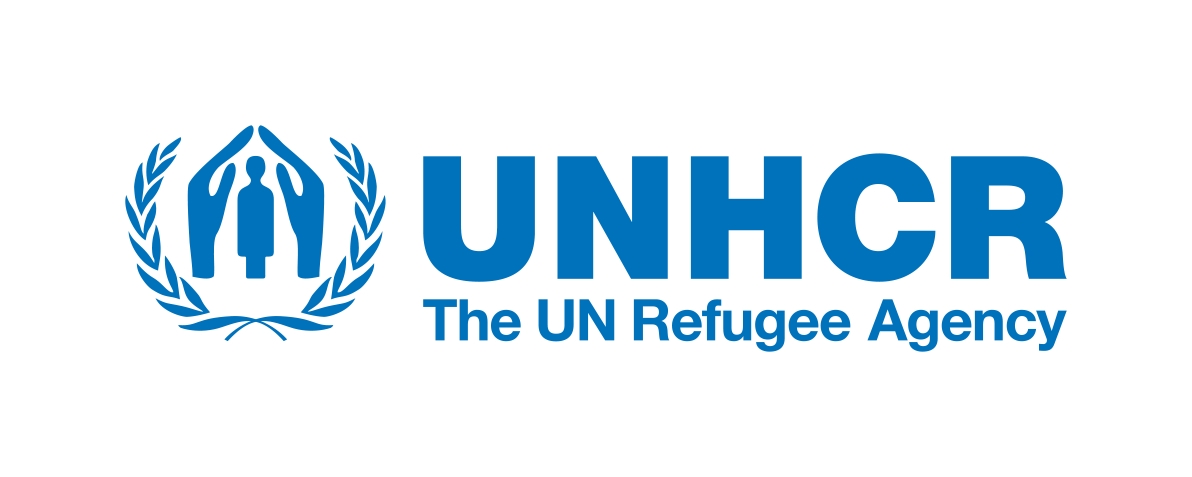Hơn 200 bạn trẻ tranh luận như chính trị gia tại Hội nghị mô phỏng Liên hợp quốc 2023, chỉ 2 từ để miêu tả: Quá giỏi!
Trong suy nghĩ của nhiều người, ở cái tuổi "bẻ gẫy sừng trâu" 17, 18 việc học tập là quan trọng hơn cả, mọi suy tư về thế giới xung quanh nên được gác lại vì chúng ta chưa đủ khả năng để nghĩ về những thứ lớn lao, về các vấn đề về
LianLian Global Vietnam
Last week, LianLian Global Vietnam was so excited to accompany the International MUN 2023 in Hanoi with the participation of more than a hundred of delegates from Southeast Asia.
Embassy of Belgium
A wonderful exchange on 11/03/2023 with the motivated students of the International Model United Nations 20221 IRE)
Australia In Vietnam
Australian Deputy Ambassador, Rebecca Bryant, inspired young participants from around the world at the opening ceremony for International Model United Nations (IMUN) in Hanoi late February. IMUN is an amazing forum for young people to learn about diplomacy, international relations and the United Nations and importantly to share ideas with a diverse group of participants
Embassy of Pakistan, Ha Noi, Viet Nam
Deputy Ambassador of Pakistan Mr. Qamar Abbas Khokhar interacted with the young and talented participants of the International Model United Nations Conference held at the British University, Viet Nam. The young people belonging to various countries were extremely intelligent, enthusiastic and optimistic; meeting them was truly inspirational.
Xavier Ateneo International Studies seniors join IMUN’s first session in Thailand
From left to right: Xavier Ateneo International Studies seniors Yzander Gillegao, Clarissa Bautista, Francel Joy Gonzales, Angel Lica Peggy, Khezia Llutch Paz, Header May Carabanes, Abdul Rashid Balindong, and Nata Shaquil Manabilang. Supplied photo.
3 Silliman Students Earn Distinctions at International Model UN in Bangkok
Being adjudged Most Outstanding Delegate, having sponsored and passed a resolution on the environment, and earning a fellowship are the distinctions that the delegate from Silliman University bagged during the International Model United Nations (IMUN) held in Bangkok, Thailand last June 1 to 3.
Ambasadorja Elvana Shala shpalosi historinë e Kosovës në IMUN
Nën melodinë e himnit të Kosovës dhe në mesin e mbi 200 të pranishmëve, ambasadorja e Vullnetit të Mirë për Kosovën, Elvana Shala, e përfaqësoi Kosovën në konferencën “International Model of United Nations”, në Tajlandë.
Diễn Đàn Quốc Tế Mô Phỏng Liên Hợp Quốc sẽ được tổ chức tại Đại Học Anh Quốc Việt Nam vào tháng 2/2019
Diễn Đàn Quốc tế Mô Phỏng Liên Hợp Quốc (International Model United Nations – International MUN) sẽ chính thức diễn ra từ ngày 21/2 đến 23/2 tại Hà Nội với sự tham gia của đông đảo bạn trẻ tới từ Việt Nam và quốc tế. Đây là cơ hội để bạn trẻ thể hiện sự quan tâm của mình và cùng nhau thảo luận về các vấn đề xã hội.
Indonesian Catholic university hosts conference on diplomacy, international relations
The International Model United Nations (IMUN) organized a conference in Jakarta, Indonesia, in conjunction with the School of Communications, Atma Jaya Catholic University from June 16 to 18.
Grade 11 Pisay student bags 2 awards in IMUN 2022 in Indonesia
Besting more than 100 delegates from various countries, two awards were received by a grade 11 student from the Philippine Science High School (PSHS) during the International Model United Nations (IMUN) 2022 held in Atma Jaya Catholic University in Jakarta, Indonesia.
International Model United Nations Competition in Malaysia : Mauritian team sets the bar high
The Ministry of Education, Tertiary Education, Science and Technology sent its six best delegates from National Model United Nations (NMUN) to compete at the International Model United Nations, which took place in Malaysia.












.png)














